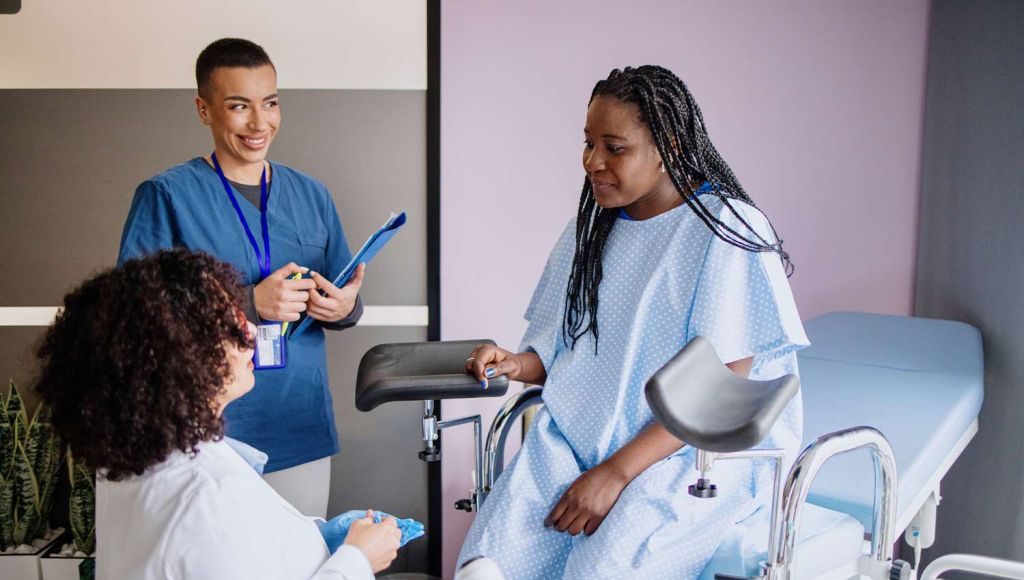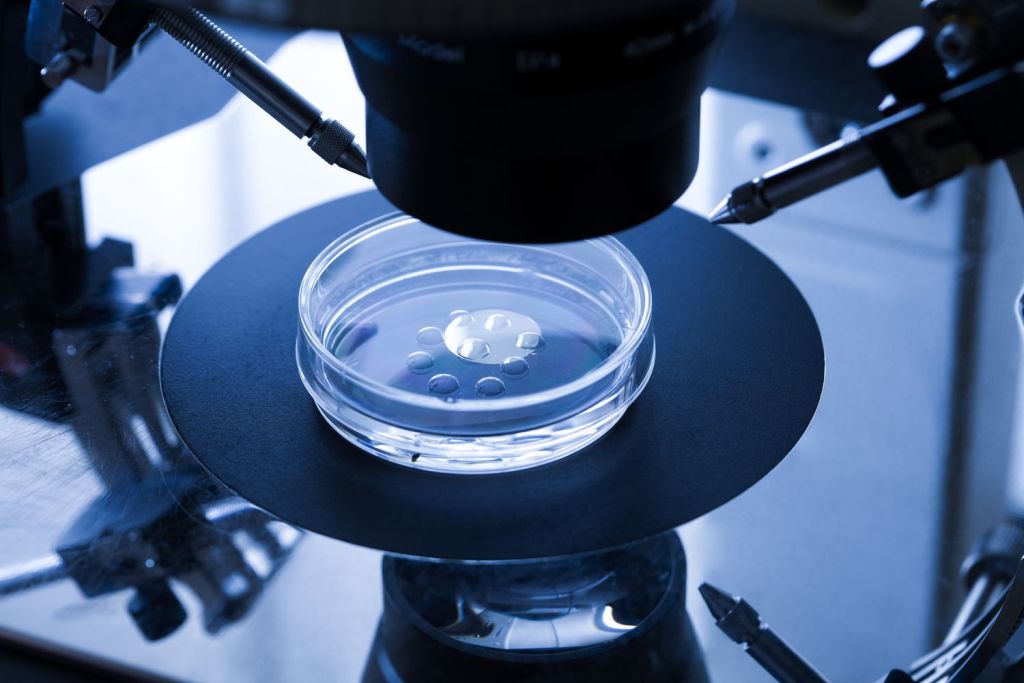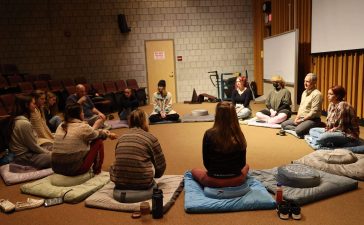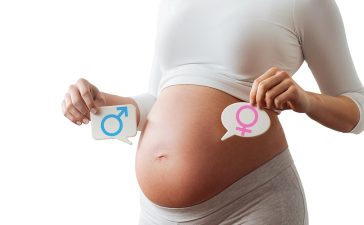
In vitro fertilization (IVF) has become a common and often successful method for couples struggling with infertility. However, the journey through IVF can be physically, emotionally, and financially challenging. In recent years, acupuncture has gained recognition as a complementary therapy that can enhance the success rates of IVF. This ancient Chinese practice, which involves inserting thin needles into specific points on the body, is believed to improve various aspects of fertility and support overall reproductive health.
The Basics of Acupuncture
Acupuncture is a key component of Traditional Chinese Medicine (TCM) and has been used for over 2,000 years to treat various health conditions. According to TCM theory, health is achieved by maintaining the body’s vital energy, known as Qi (pronounced “chee”), in balance. Qi flows through pathways called meridians, and any blockage or imbalance can lead to illness. Acupuncture aims to restore the balance of Qi, thereby promoting health and well-being.
Acupuncture and Fertility
When it comes to fertility, acupuncture is believed to offer several benefits that can enhance the chances of conception, particularly when used in conjunction with IVF. Here are some ways in which acupuncture supports fertility:

- Improved Blood Flow: Acupuncture is thought to increase blood flow to the reproductive organs, including the ovaries and uterus. Enhanced blood circulation can improve the quality of eggs and create a more receptive environment for embryo implantation.
- Hormonal Regulation: Hormonal balance is crucial for successful conception. Acupuncture can help regulate hormones by stimulating the endocrine system, which controls the release of hormones such as estrogen and progesterone. This regulation can improve ovarian function and the overall menstrual cycle.
- Stress Reduction: The process of undergoing IVF can be stressful, and stress is known to negatively impact fertility. Acupuncture promotes relaxation and reduces stress by triggering the release of endorphins, the body’s natural painkillers and mood elevators. This can lead to a calmer mind and body, which is beneficial during the IVF process.
- Enhanced Uterine Lining: A thick and healthy uterine lining is essential for the implantation of a fertilized embryo. Acupuncture can improve the quality of the endometrial lining, making it more conducive to implantation.
- Reduction of IVF Side Effects: IVF medications can cause various side effects, including bloating, mood swings, and discomfort. Acupuncture can help alleviate these side effects, making the IVF process more tolerable.
Research on Acupuncture and IVF
Numerous studies have explored the effects of acupuncture on IVF outcomes, with many showing promising results. For instance, a study published in the journal Fertility and Sterility found that women who received acupuncture before and after embryo transfer had higher pregnancy rates compared to those who did not receive acupuncture. Another study in the British Medical Journal reported that acupuncture significantly increased the odds of achieving a live birth among women undergoing IVF.
How Acupuncture is Integrated with IVF
To maximize the benefits of acupuncture in IVF, it is typically integrated into the IVF timeline in a strategic manner. Here is how it is commonly practiced:
- Pre-IVF Preparation: Acupuncture treatments often begin several weeks before the start of the IVF cycle. This phase aims to regulate the menstrual cycle, improve egg quality, and prepare the body for the upcoming procedures.
- Stimulation Phase: During the ovarian stimulation phase of IVF, acupuncture can help manage side effects of fertility medications and support optimal ovarian response.
- Before and After Embryo Transfer: Acupuncture sessions are commonly scheduled on the day of embryo transfer. One session is done before the transfer to relax the uterus and improve blood flow, and another session is done after the transfer to promote implantation.
- Post-Transfer Support: Continued acupuncture treatments may be recommended in the weeks following the embryo transfer to support early pregnancy and reduce the risk of miscarriage.
Choosing an Acupuncturist
When seeking acupuncture as a complementary therapy for IVF, it is essential to choose a qualified and experienced practitioner. Look for an acupuncturist who specializes in fertility treatments and has a good understanding of the IVF process. Communication between the acupuncturist and your fertility specialist can ensure that the treatments are well-coordinated and tailored to your specific needs.
Conclusion
Acupuncture offers a holistic and non-invasive approach to enhancing the success rates of in vitro fertilization. By improving blood flow, regulating hormones, reducing stress, and supporting overall reproductive health, acupuncture can play a valuable role in the fertility journey. As more research supports its benefits, acupuncture is becoming an increasingly popular choice for couples seeking to maximize their chances of conceiving through IVF. Consulting with a qualified acupuncturist and integrating this ancient practice into your IVF plan could provide the additional support needed to achieve a successful pregnancy.








